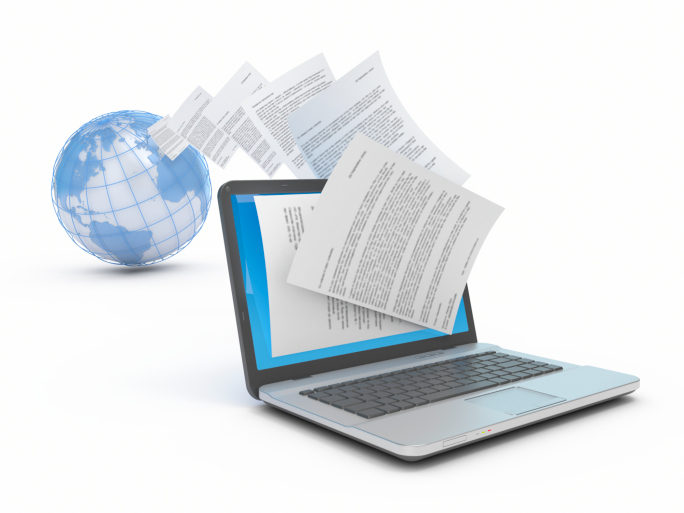How and Why to Make Your Pages Load More Quickly
There’s little doubt that page load speeds have a major impact on how, or even if, we do business online. Three major facts about this will give any webmaster pause:
- Google uses this as a ranking factor for your page.
- Humans currently have an attention span of 8 seconds, one second less than a goldfish.
- The average retail web page can take more than 7 seconds to load. It’s been documented that a delay as small as one second can cost you a whopping 7% hit in your conversion rates.
Given these stark statistics, it’s high time we take a look at some ways we can improve our page load speeds.
5 Tips for reducing your page load time
Google PageSpeed Insights – Google provides a free solution for discovering a lot of the issues you might be facing with regards to slow loading pages. It’s called PageSpeed Insights, and it’s free. It will discover why your pages aren’t arriving quickly and suggest solutions to fix that.
Not too many redirects – Lots of redirects on your pages can cause the server to make extra http requests it doesn’t need to. Make sure you don’t have any faulty, old, or otherwise unneeded redirects clogging up the arteries.
Reduce the number of plugins – Undoubtedly we are plugin fiends, but this can have a detrimental effect on page loads. You’ll want to get rid of plugins you don’t actually need. If you suspect other plugins, you can try deactivating to check out what the page load speeds are without them, and act accordingly.
Optimize images – Take the time to ensure your images are compressed to the smallest size possible, and that you are using JPEGs whenever you can. Also make sure that you remove image comments.
Enable page compression – Enabling compression on your pages, thereby reducing their size and allowing them to be loaded far faster is a really good idea. This is best accomplished with a tool called Gzip, and can result in page loads 70% faster!

